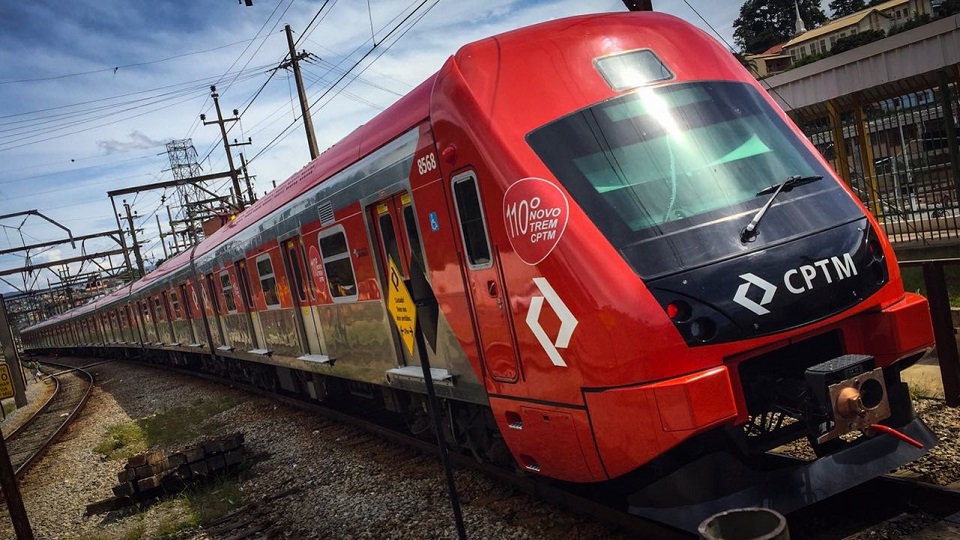610 results found
Featured results



More results

G20 Leaders endorsed the High Level Principles on Long-Term Investment Financing by Institutional Investors in September 2013, which is intended to help governments facilitate and promote long-term investment by institutional investors.

The G20/OECD Checklist consists of a list of questions and issues that represent an effort to develop an evaluation tool to help those countries who wish to self-assess their long-term investment (LTI) strategy and policy framework and more.

The EIB Group is committed to continue maintaining a stringent policy against tax fraud, tax evasion, tax avoidance as well as money laundering and terrorism financing.

This document reviews the definitions and elements of the good governance policies of a number of multilateral development institutions.

This paper provides reflections and considerations as to how MDBs including the IDB can use the Project Preparation Facilities (PPFs) to help countries fill the infrastructure gap by improving the quality of projects, reducing and mitigating risks, and leveraging private financing.

The Infrastructure and Projects Authority (IPA) is developing a new top-down benchmarking methodology, which will be used to encourage better and more consistent benchmarking across infrastructure projects among both government departments and client organisations.


This handbook synthesises and disseminates knowledge to inform the planning, implementation, and operations of urban rail projects.


The PPP Contract Management Tool provides public sector officials with practical guidance and case studies, so that those responsible for managing contracts after financial close are better able to ensure project objectives and value for money.


For this year’s edition, we reached out to more than 10,000 people in 10 major global cities to ask about their everyday experiences with infrastructure services. How satisfied and safe do they feel with their roads and bridges, rail services and utilities? How engaged are they in the decision-making processes for new projects that can improve lifestyles and drive new economic growth?


This publication discusses how the Central Asia Regional Economic Cooperation Program (CAREC) can enhance trade by addressing key challenges, including poor market access, limited economic diversification, and weak institutions for trade.

Tackling the global infrastructure gap remains a priority for governments to drive inclusive growth and deliver quality infrastructure projects for their citizens.





Early termination of a PPP contract can be an expensive process for all parties involved.



A practical guide for governments, informed by a country-lens review of leading practices



The Global Infrastructure Hub (GI Hub) has released a new reference tool to help governments lay the foundations for strengthening project preparation processes and capacities in order to prepare bankable and sustainable projects—a prerequisite for tackling the substantial global infrastructure gap.



The reference tool on Governmental Processes Facilitating Infrastructure Project Preparation closely examines the relationships between countries institutional arrangements for project preparation, funding programs, project identification, feasibility studies and project structuring, through the lens of country-level governance and implementation. This initiative closely aligns with the G20 Principles for Project Preparation endorsed by the G20 Leaders in November 2018.


This report outlines how policy makers should focus on improving access to safely managed wastewater management services, providing several revelant examples from the region of Japan.

This study is a comprehensive, empirical analysis of the linkages between governance, institutions, and regional infrastructure.




 AECOM
AECOM

